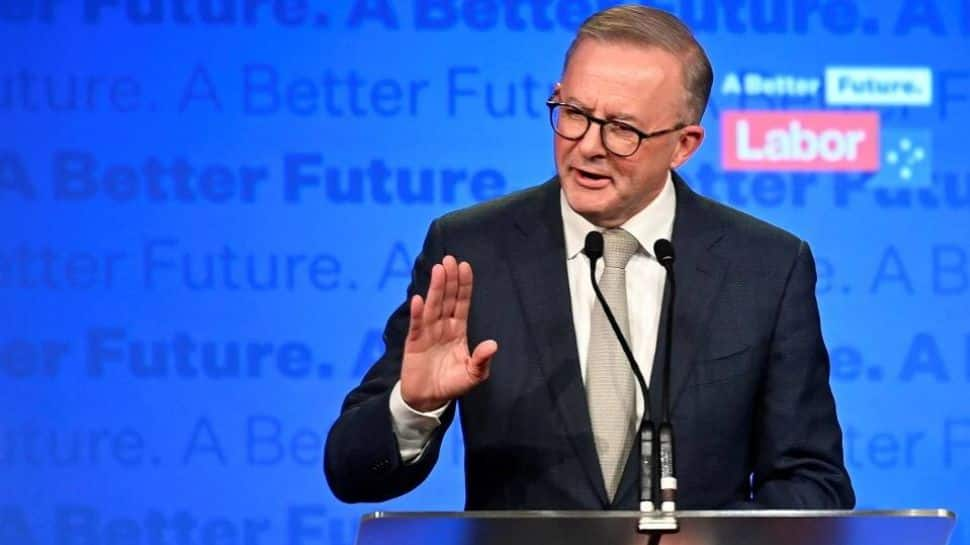 |
|
In a bold move to protect the well-being of its young citizens, Australia has announced a comprehensive ban on social media use for children under the age of 16. The legislation, which is set to be introduced in Parliament later this year, aims to shield children from the potential harms associated with social media platforms, including Instagram, Facebook, TikTok, X (formerly Twitter), and potentially YouTube. While the government has emphasized its commitment to safeguarding children from the detrimental effects of these platforms, the ban has sparked debate about its effectiveness and potential consequences.
The decision to implement a social media ban for minors is rooted in growing concerns about the negative impact of these platforms on young people's mental health. Numerous studies have highlighted the detrimental effects of social media use on children and teenagers, including increased rates of anxiety, depression, body image issues, and low self-esteem. Research conducted by Facebook itself revealed that Instagram, in particular, had a negative impact on teenage girls, contributing to feelings of inadequacy and magnifying peer pressure. This research further supports the government's argument that social media platforms can create an environment that fosters unhealthy comparisons and unrealistic expectations, particularly for young people who are still developing their sense of identity and self-worth.
The Australian government's approach to tackling this issue is distinctive in its strictness and responsibility allocation. Unlike other countries, such as France, where parental consent can override a similar ban, Australia's proposal does not allow for any exceptions. This underscores the government's firm belief that social media is inherently detrimental to the mental well-being of young people under the age of 16. Additionally, the responsibility for enforcing the ban falls directly on the social media platforms themselves. The government will require companies to demonstrate that they are taking effective steps to prevent underage access to their services, effectively shifting the burden of responsibility away from parents and young users.
The ban has generated significant discussion about its feasibility and potential consequences. Some argue that it is an overreach of government authority and that parents should have the right to decide what their children can access online. Others believe that the ban could be difficult to enforce and that children may find ways to bypass it. However, proponents of the ban argue that it is a necessary measure to protect vulnerable young people from the harmful effects of social media. They believe that limiting access to these platforms will encourage children to engage in healthier activities, such as outdoor play, hobbies, and social interaction, ultimately contributing to their well-being and development.
The Australian government's decision to ban social media for children under 16 reflects a growing global trend of addressing the potential harms of social media on young people. While the effectiveness and long-term implications of this measure remain to be seen, it represents a significant attempt to prioritize the well-being of children in a rapidly evolving digital landscape. As technology continues to advance and its impact on society evolves, it is crucial for governments and policymakers to engage in open dialogue and implement measures that protect children and promote their healthy development.
Source: No More Insta, Facebook, TikTok For Kids? Australia To Ban Social Media For Children Under 16
